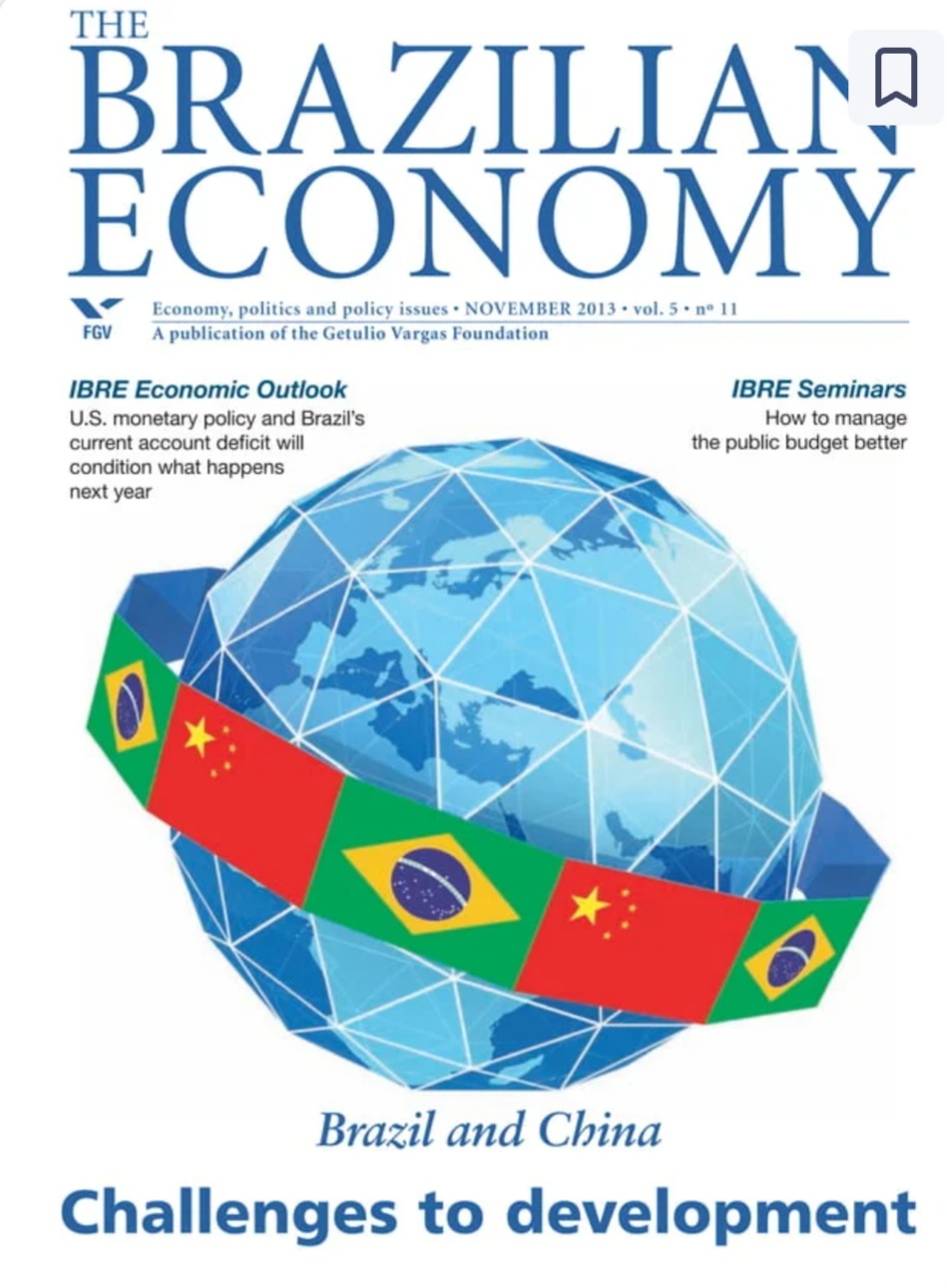Problems but possible solutions Social Inequality Kalinka Iaquinto BRAzIL And ChINA have similar social problems. They have high poverty rates and large income differences between rich and poor. Nevertheless, these problems have different dimensions for each because the Brazilian and Chinese realities are quite different. Despite significant advances in the last decade, such as the Family Grant program job creation, Brazil is still a very socially and economically unequal country. However, although China has been introducing policies to improve income distribution, including adopting a minimum wage, income inequality there continues to widen. In 2008, according to World Bank data, of the 620 million people throughout the world who were living in extreme poverty (earning under US$1.25 per day), 510 million were Chinese. Brazil has managed to andreduce extreme poverty from 24.6 million to 6.12 million. “Of all the countries that compose the G-20, only Brazil has made progress in reducing income inequality. But Brazil, along with South Africa, is still among the most unequal societies for historical and structural reasons,” Carlos Aguilar, coordinator of the Oxfam Global and Regional Programs in Brazil, said. “In the Brazilian case, a deliberate policy of income transfer, including the Family Grant and a higher minimum wage, and employment growth helped to improve the situation. But that does not mean that these measures have succeeded in changing structural factors that sustain conditions of inequality, such as gender and race.” IBRE researcher Fernando de holanda Barbosa Filho agreed. He noted that Brazil has been dealing with social issues since the Constitution of 1988 and today the state protects both elderly (through pensions and retirement) and children (through cash transfer programs) at relatively low cost. “Spending in the Family Grant program, for example, is very small, only 0.5% of GdP,” he says. Reform Further reforms are necessary if poverty is to continue to be reduced. Aguilar highlighted the importance of fiscal reform: “The Brazilian government has developed policies targeting the poverty problem, but we still need to address the issue of very high concentrated wealth. The quickest way to do that is through fiscal policies.” Rodrigo dora, deputy head of the Chamber of Economic development and Promotion of the BRICS (BRICS -PEd), predicted that by 2015 the BRICS should account for 22% of global GdP. This fact, he believes, underscores the need to invest in the quality of education. “Education is a fundamental tool for social mobility,” he said. “The ability to read, understand, write, and access information are intimately linked to equality of opportunity. Professional qualification is made possible to the extent that more skilled workers have more stable jobs, better wages, and better conditions for career advancement.” Brazilians have on average fewer years of schooling (7.2 years in 2011) than the Chinese (7.5 years). The critical issue is the quality of that education. “We made the education system accessible; now the next step is a systematic improvement of quality in order to reverse this process and allow everyone the same opportunity to go to college and get good jobs,” Barbosa Filho said. Challenges China is also challenged by social inequality. Li Shi, director of the Institute of Income distribution of Beijing Normal University, and Luo Chuliang, professor of Economics and Management, at Beijing Normal University, have pointed out that the most immediate problem is the huge difference between the incomes of urban and rural residents. Their research shows that the main obstacle to reducing inequalities is not just the existence of multiple sources and forms of income but also the ambiguity of the distribution rules and a lack of transparency that makes policy measures arbitrary and based on questionable criteria. They concluded that it will be difficult to improve the situation in a fundamental way in the short term. Li and Luo also cited corruption and the lack of democratic institutions as problems to be overcome. They stated that what is important is “not just a profound reform of economic and social management, but also speeding up political reform, including the process of democratization.” Reform of political institutions is, in fact, important for the success of all social development polices. Although the Family Grant program has been widely publicized and recognized internationally as a benchmark, simply adopting it would not guarantee its success in other countries. Oxfam’s Aguilar points out that “the program could not have had the success it had in Brazil without parallel work by civil society that was very well organized and very well coordinated with public policy. In most of the BRICS, the program could not be carried out because there is no conception of civil society or because the country’s authorities see civil society as an obstacle to the work of governments. Brazil has matured in that sense, but China still has not.” Dora agreed: “If the BRICS countries do not promote immediate deep social changes parallel to economic development, there is room for emerging social crisis, because we foresee rich global powers with large poor populations that have no opportunities for social mobility.”
